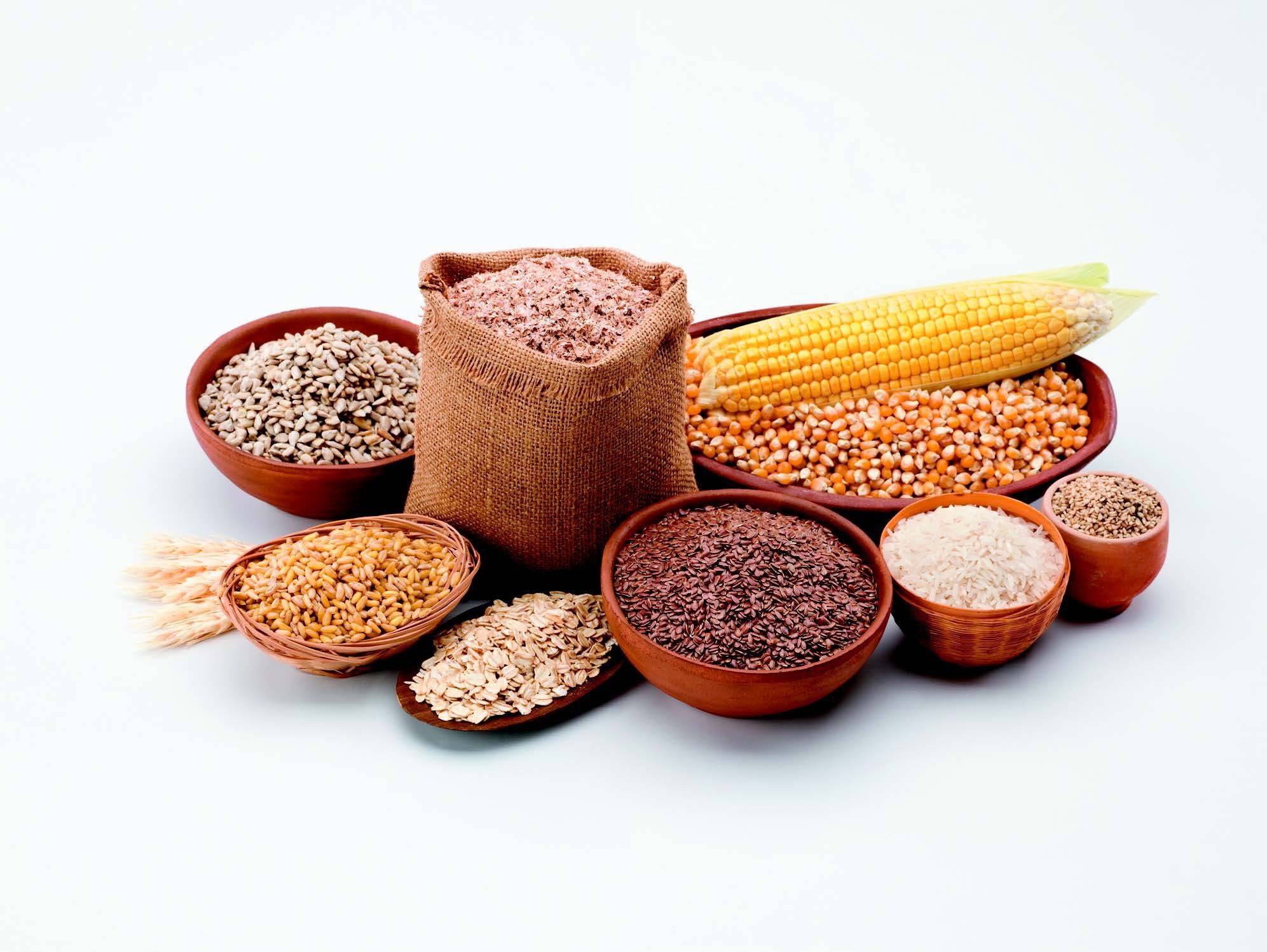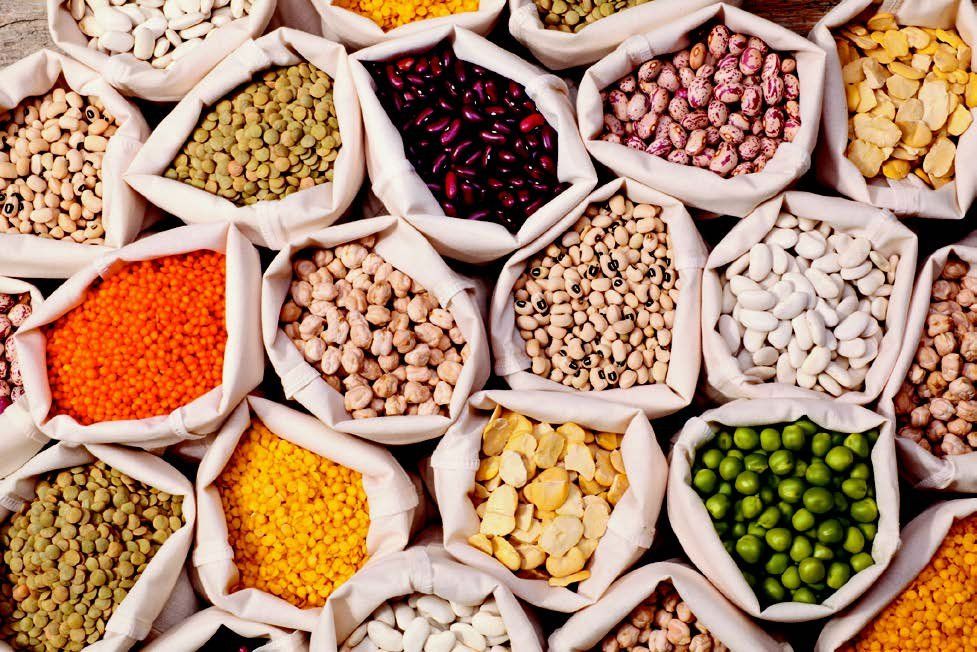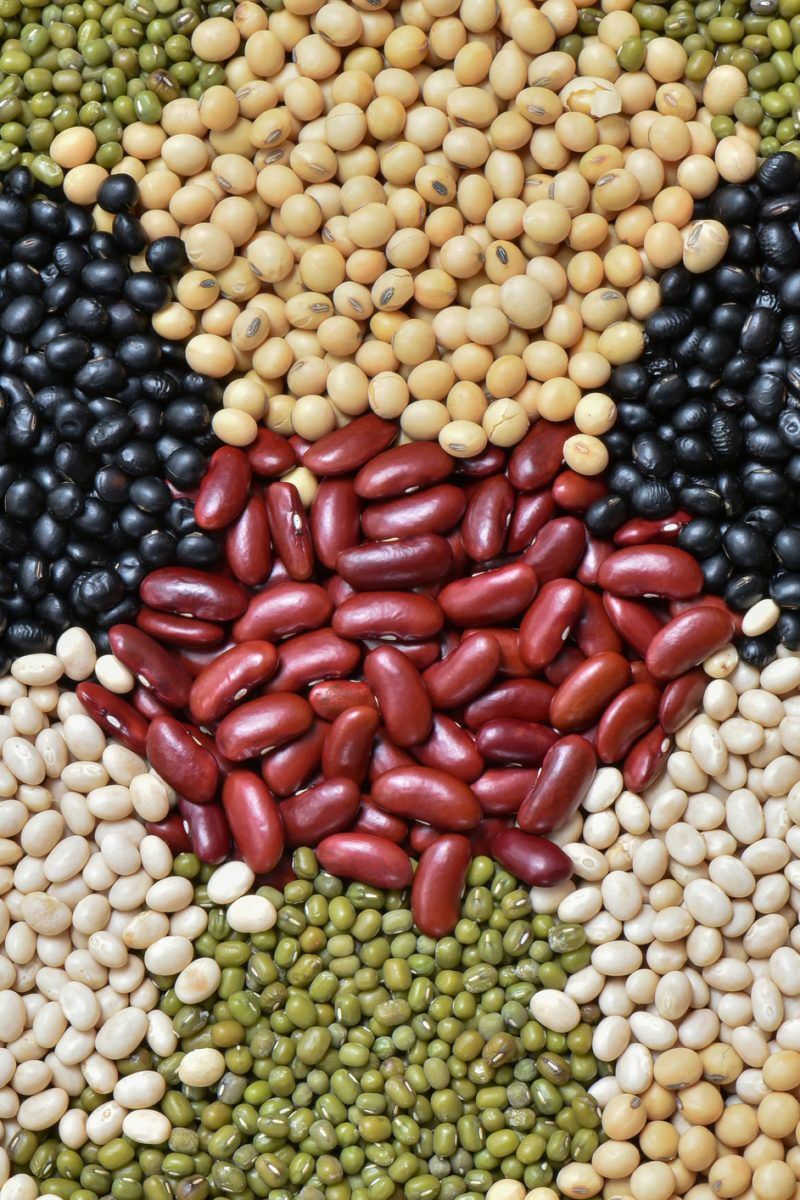Health Benefits of Legumes - Tufts Health & Nutrition Letter
5 (595) · € 25.50 · En Stock
Eat more plant foods…increase dietary fiber…choose natural foods over processed…get your nutrients from whole foods, not supplements. For an easy way to follow all of this sound dietary advice at the same time, simply up your intake of foods from the legume family. Legumes, which include beans, lentils, split peas, green peas, and peanuts, are thought to be one of the first cultivated crops and have been consumed by people around the world for over 10,000 years. Unfortunately, legumes are no longer a staple food in most American diets. The Dietary Guidelines for Americans recommend adults consume one to three cups of legumes per week (depending on calorie requirements), but average intake is less than one cup weekly.

What Are Legumes Good For? Benefits and Side Effects - Dr. Axe

Tufts Health & Nutrition Letter

Health Benefits of Whole Grains - Tufts Health & Nutrition Letter

Diets rich in plant protein may help women stay healthy as they age – BioNews Central
The Health Benefits of Beans, the Black Sheep of Superfoods

Health Benefits of Whole Grains - Tufts Health & Nutrition Letter

How Processed Foods Can Positively Fit Into Your Diet

Nutrition 101 - Glossary - K - Tufts Health & Nutrition Letter
:max_bytes(150000):strip_icc()/1-fiber-GettyImages-1127528176-2000-6550b7ff80c64be3a15b0295c177beba.jpg)
The Benefits of Fiber and Why You Need It In Your Healthy Diet

This is Nutrition's Time

Global dietary quality in 185 countries from 1990 to 2018 show wide differences by nation, age, education, and urbanicity
:max_bytes(150000):strip_icc()/parmesan-white-beans-2000-ec04dbaede334187b34cd2eb29e73975.jpg)
The #1 Food to Help You Live Longer, According to a Longevity Expert

Why Plant-based Protein Really is Your Healthy Choice

Tufts University Health and Nutrition Letter - University Health News












